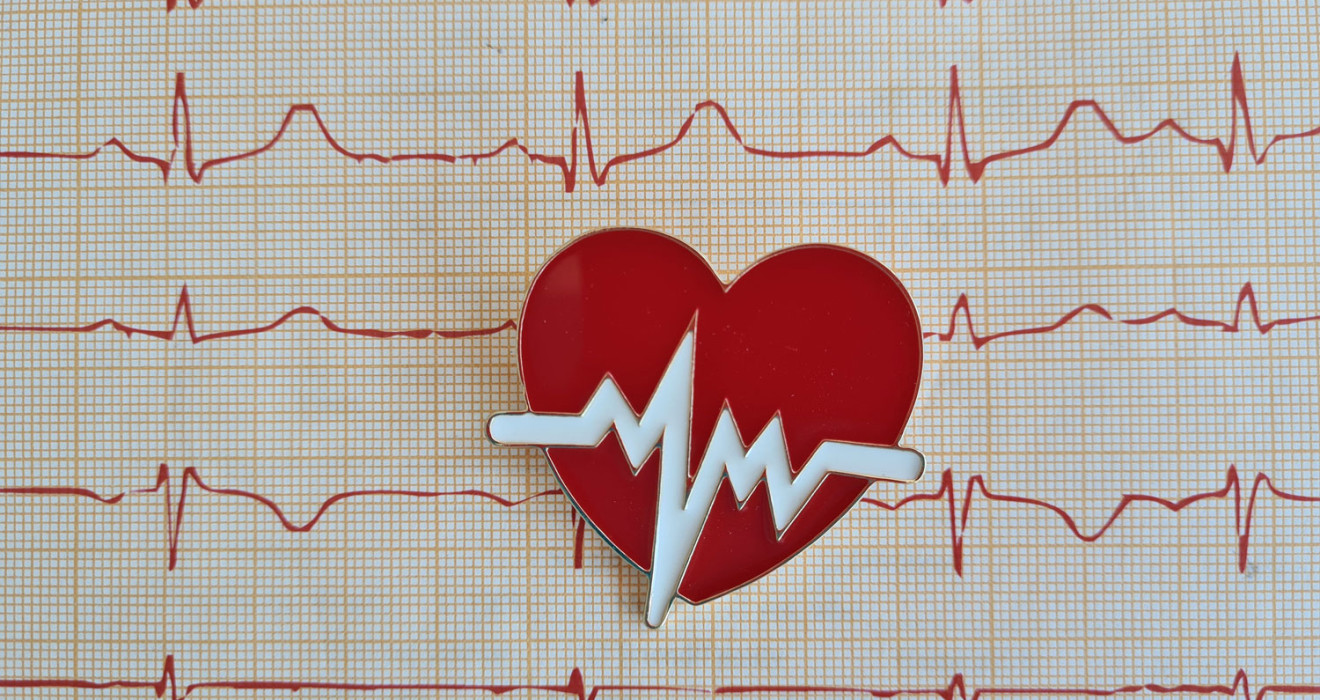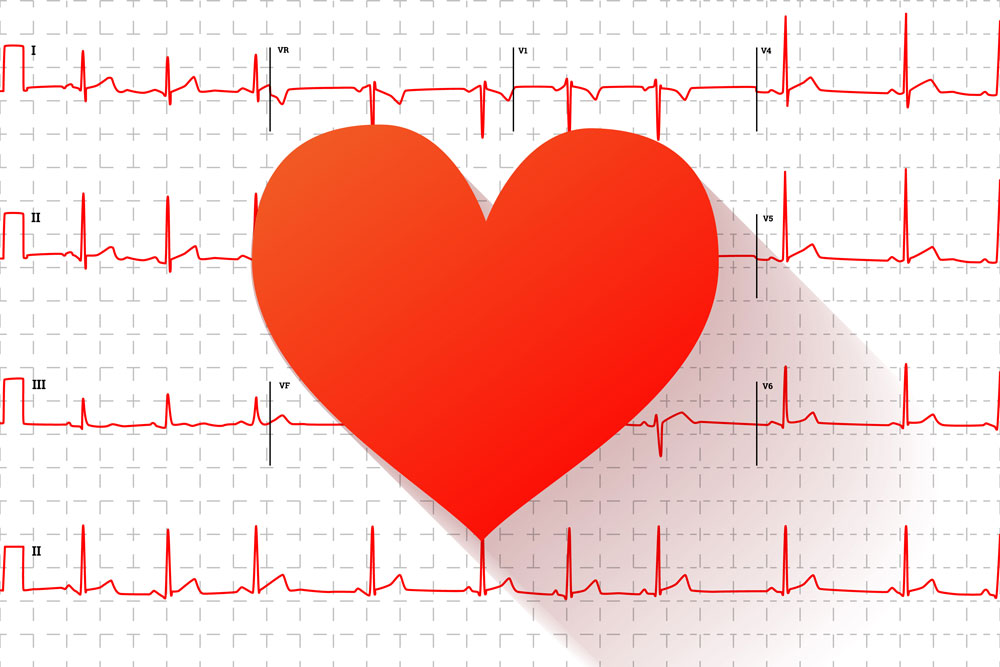
ECG (Cardiac Strip)
ECG is one of the critical tests used in diagnosing cardiovascular diseases if there is a cardiovascular disease and the treatment process continues. ECG (electrocardiography) is a necessary examination. It is one of the first tests requested when applying to cardiology departments.
What is ECG?
Electrocardiography (ECG) is a medical test that records heart rhythm, heartbeat, and heart muscle activity. The heart produces electrical signals as it contracts, recorded during the test.
Why Is ECG Performed?
Electrocardiography testing is used to detect heart rhythm disturbances, heart attacks, heart enlargement, heart valve problems, heart failure, and other heart problems. It can also be performed as part of routine examinations.
How to Take an ECG?
During the ECG recording, small sticky pads called electrodes are placed on the patient's chest, arms and legs. These electrodes transmit electrical signals from heartbeats to an EKG machine.
The electrocardiogram test is usually painless and takes a few minutes. A doctor or cardiologist interprets test results. The results provide information on whether there are any heart problems.
Is Electrocardiography Risky? Are There Any Side Effects?
It has no risk. It is an entirely safe test method.
A slight irritation or allergic reaction may occur in the area where the electrodes are attached. Other than that, it has no side effects.
In Which Symptoms Is ECG Taken?
An electrocardiogram test may be requested for the following symptoms:
- Shortness of breath or difficulty breathing
- Chest pain or feeling of tightness in the chest
- Irregular heartbeat or palpitations
- Feeling of tiredness, weakness, dizziness or fainting
- High blood pressure or heart disease risk factors
How to read ECG?
A doctor or cardiologist does ECG reading. The results are presented as a graph recording the heart's electrical activity. This chart contains a lot of information about heart rate and heart rhythm.
Can a Heart Disease be Diagnosed on ECG?
Yes, the Electrocardiography test is an important test used to determine the presence of heart disease.
Which Branch Should I Go To For ECG?
Electrocardiography testing can be performed in many different medical settings. A doctor, cardiologist, or hospital emergency room visit is required for testing.
Frequently Asked Questions
-
Electrocardiography is a test used to record the electrical activity of the heart. This test provides important information about heart rate and rhythm.
-
The electrocardiography test measures the heart rate, rhythm, and other important information by recording the heart's electrical activity. The results show whether the heart is working usually and the presence of heart diseases.
-
Routine ECG: It is a basic test used to record the heart's electrical activity. This test measures the patient's heart rate, rhythm, and other important information.
-
Holter ECG: It is a device that continuously records the heart's rhythm for 24 hours. This test helps diagnose heart disease while providing important information about the cause of specific symptoms.
-
Exercise ECG: It measures how a person's heart works at a given level of exercise.
-
An electrocardiography test does not make a definitive diagnosis of atherosclerosis. However, specific results may point to heart disease or atherosclerosis.
-
Electrocardiography results can be used to determine if there are signs of a heart attack or atherosclerosis. However, when the results are evaluated with other tests, they play a more precise role in diagnosing atherosclerosis or other heart diseases.
-
An abnormal electrocardiogram is an electrocardiogram result that indicates the heart is working abnormally. These results indicate deviations in heart rate, rhythm, or other characteristics.
-
Abnormal electrocardiography results provide important information in diagnosing heart disease or the cause of certain symptoms. But the results do not make a definitive diagnosis of heart disease. Therefore, it should be evaluated together with the results of other tests.


